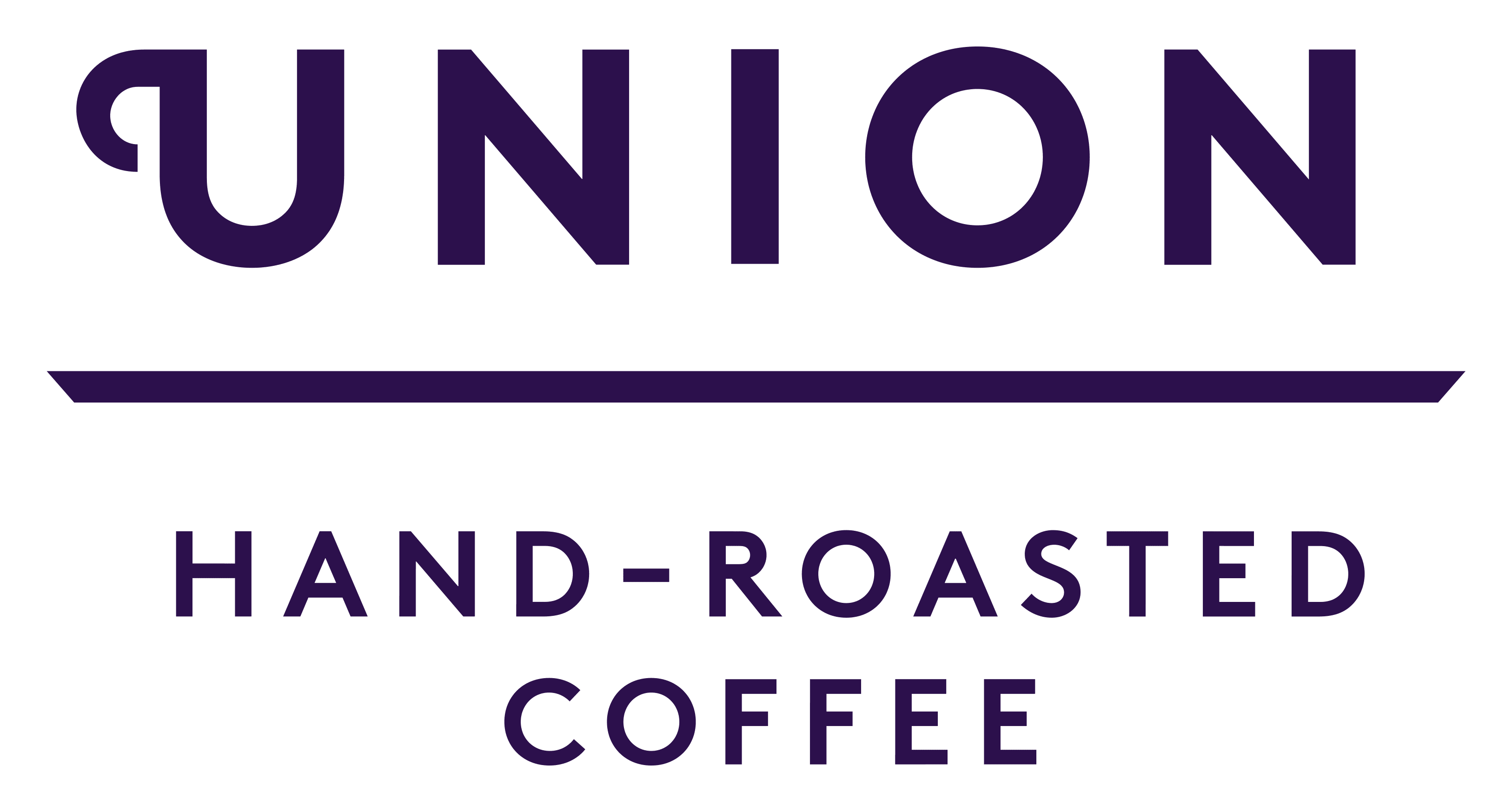First Published - February 14, 2017 (By Steven – Co-Founder, Director of Coffee)
There’s a lot of talk about doing the right thing in the coffee industry and I frequently find myself in some lively debates around this issue. But what does ethical/fair/decent (delete as appropriate) really mean? How do we ensure that the people who matter in producing coffee, the farmers and workers, benefit as much as everyone else?
When commodity markets crash, smallholder farmers suffer the consequences by receiving low prices for their coffee. This is why many consumers in the UK tend to be very supportive of Fairtrade certification which gives some protection to vulnerable groups of farmers and ensures they receive a minimum price irrespective of how low the markets may fall.
But does the Fairtrade model accomplish all it sets out to achieve? While the benefits appear to be strong by allowing smallscale farmer co-operatives to attain a safety-net minimum price and retain access to markets, drawbacks do exist. For example, this minimum price is only guaranteed to the co-operative, and not translated to the individual farmer, or their workers who are often the invisible people at the beginning of the supply chain. Fairtrade pricing sets minimum prices without adapting to country context, and costs are often high for producer organisations to achieve the level of performance and professionalism to attain Fairtrade certified status. In the coffee industry, it is roasters who bear the cost of marketing the Fairtrade brand, through the payment of a licence fee as a percentage of sales.
So, is a cafe that serves Fairtrade coffee simply asserting they pay producers minimum wage?

Over the last 10+ years, specialty coffee roasters such as Intelligentsia and CounterCulture in the USA, and , of course, Union in the UK, have pioneered direct trade as an alternative trading model for specialty coffee. Ongoing market growth has been increasingly driven by higher quality coffee – so it has been within our interest to engage directly with farmers able to grow high-quality coffee and build sustainable, long-term relationships. Prices are personally negotiated and agreed, to ensure the cost of production plus an additional premium for high quality is part of the equation, with no additional cost to the farmer for certification.
While Fairtrade promotes ‘protection’ of farmers, direct trade offers ‘aspiration’. The fixed price a farmer receives from Fairtrade will not be adjusted whatever the level of quality produced, so farmers are not incentivised to take on the extra labour and input costs needed to grow a better crop. However, quality-centric direct trade, allows for bespoke pricing agreements and collaboration in the field. A farmer that may be based in a region with outstanding climatic and topographical attributes for producing high quality coffee, could, through a direct trade approach, become motivated to grow a greatly superior crop, through careful farm management systems and earn more money as a result.
An added benefit of working directly with farmers is the ability to spot the needs that arise within a community that would improve farming practices and subsequently their coffee quality. A company such as Union is driven by providing our customers in the UK with the pleasure from great coffee. So, if we invest our money on workshop training in Guatemala, teaching farmers to cup and evaluate their coffees critically, this will benefit our business. By giving farmers the skills to select their coffees for complex sensory and flavour attributes, and not just to screen out defects, they are able to raise the standards of the coffee they sell, which in turn increases their income, improving the livelihoods of these farmers.
Direct trade is not without its challenges. Not only is it another “label” to create confusion for consumers, particularly as there is no agreed definition and the term can be freely (mis)used. To take up an authentic programme of direct trade takes a significant commitment from the buyer which requires building trust with producers over a long period of time, because they have most likely been taken advantage of many times before – and costs can be intensive. However, the obligation to improve quality needs to be at the heart of all participants. And not just coffee quality, but also quality of life and quality of our business relationship. To accomplish this we have created a set of standards that collectively underpins our “Union” Direct Trade model; Price – a minimum of 25% above Fairtrade Price (& usually signifcantly greater), Long term relationships which includes annual visits to producers, plus our Union Code of Conduct for Sustainable Green Coffee Production and Sourcing. This Code sets out our expectations on what we commit to as an ethical buyer and what we request from coffee producers, clearly defining sustainable farming practices, labour standards and working conditions, and mechansims to implement corrective actions.
The overall objective of direct trade is to eliminate the power imbalances that exist in traditional supply chains. Poor information exchange on quality requirements can lead to farmers getting a lower price than they deserve – this builds distrust towards intermediaries in the supply chain and can induce bad behaviours from all participants. To counter this, direct trade is an approach taken to build mutually beneficial and respectful relationships between businesses and producers, by fairly distributing benefits and involving producers in decision making processes.
Above all, buyer and producer work together long-term, to produce a high-quality coffee, and the farmer is paid a price linked to the quality of their crop.
No business would brag it pays minimum wage. We want to incentivise innovation and improvements in coffee quality which can only result in a better income for the farmer and an even more delicious cup for consumers at home.
You can find out more about Union Direct Trade (and our coffees) by clicking here.



